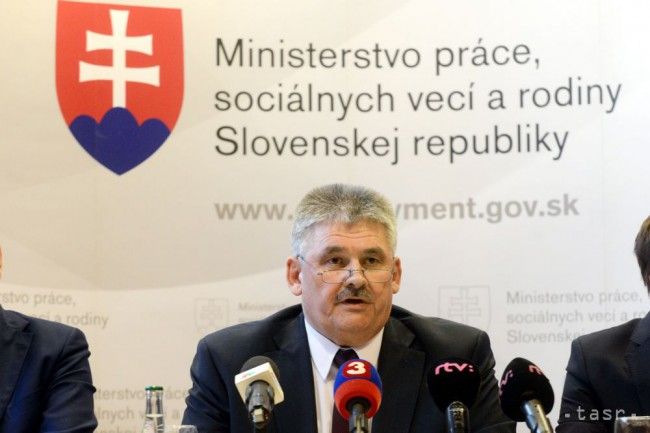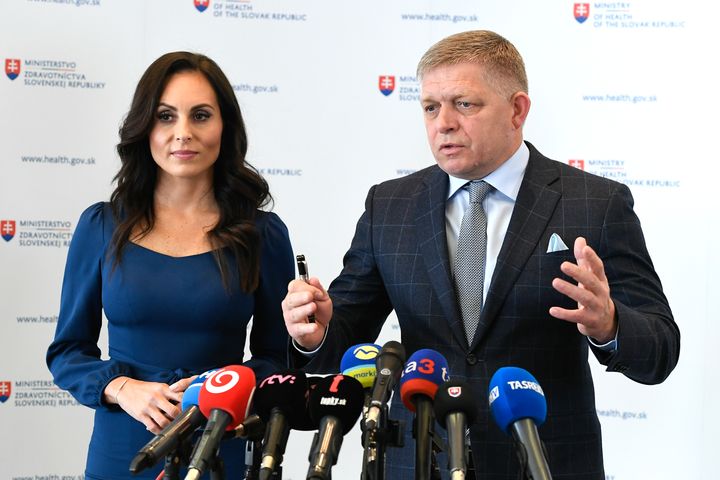Richter: Total Number of Registered Unemployed at Nine-Year Low

Bratislava, Mach 20 (TASR) – Positive developments in unemployment are continuing in Slovakia, stated Labour, Social Affairs and the Family Minister Jan Richter (Smer-SD), adding that the Labour, Social Affairs and the Family Centre is, nevertheless, preparing further projects to enhance the creation of new jobs.
“The registered unemployment rate has hit a nine-year low. All real prerequisites for reducing unemployment and increasing employment in the upcoming period have been created,” said Richter.
He specified that the labour office registered 96,500 people who have been unemployed for a period shorter than six months. “There is a real assumption that these unemployed have good working habits and are interested in returning to the labour market. The number of those unemployed up to one year reached 137,000, while those unemployed for longer than one year numbered 130,000. “We are working also with the category of the extreme long-term unemployed thanks to several projects,” claims Richter.
There are 67,500 unemployed up to 29 years of age listed in the labour offices’ registrars, while the number of job seekers up to 40 years is 132,500, specified Richter. “This is the category that should be ready to return to the labour market. We will primarily work with these people,” stated Richter.
The Labour Centre is launching new projects to boost employment. The first project is aimed at placing the long-term unemployed back on the labour market through the use of a non-state employment service. “Following an agreement with the labour office this non-state provider’s role will be to work with the long-term unemployed in order to place them on the labour market,” explained Labour, Social Affairs and the Family Centre general director Marian Valentovic. Labour offices will refund the provider’s cost of work with the long-term unemployed up to €439 a month for the period of six-to-nine months.
The second project follows a law supporting the least developed districts that has recently been adopted by Parliament. It currently applies to 12 districts. €50 million has been allocated for the project. “An employer can get a state contribution for 15 months at the maximum with the condition that the job retention is set at five more months,” explained Valentovic. The ceiling of support to be provided by the labour office is 85 percent of the total cost of labour, which might amount to €588.11 per each job applicant.
Additional projects are aimed at creating jobs in social enterprises that can be launched by self-employed private individuals and regional governments. A state contribution for commuting to work should help to boost job creation, too.



